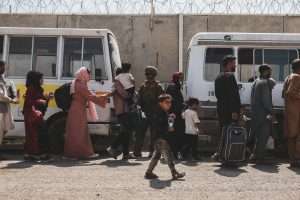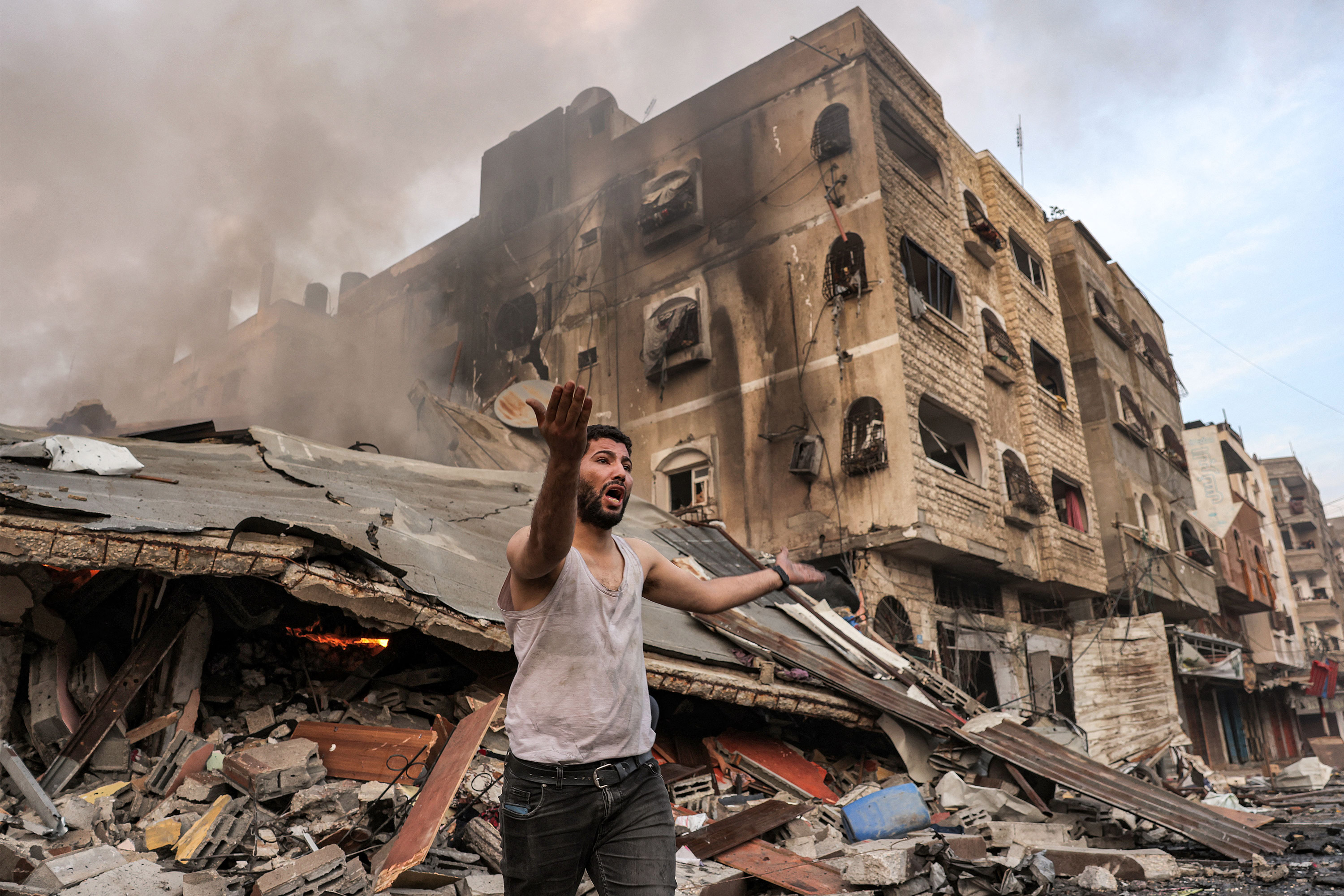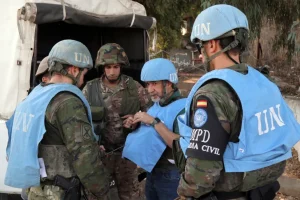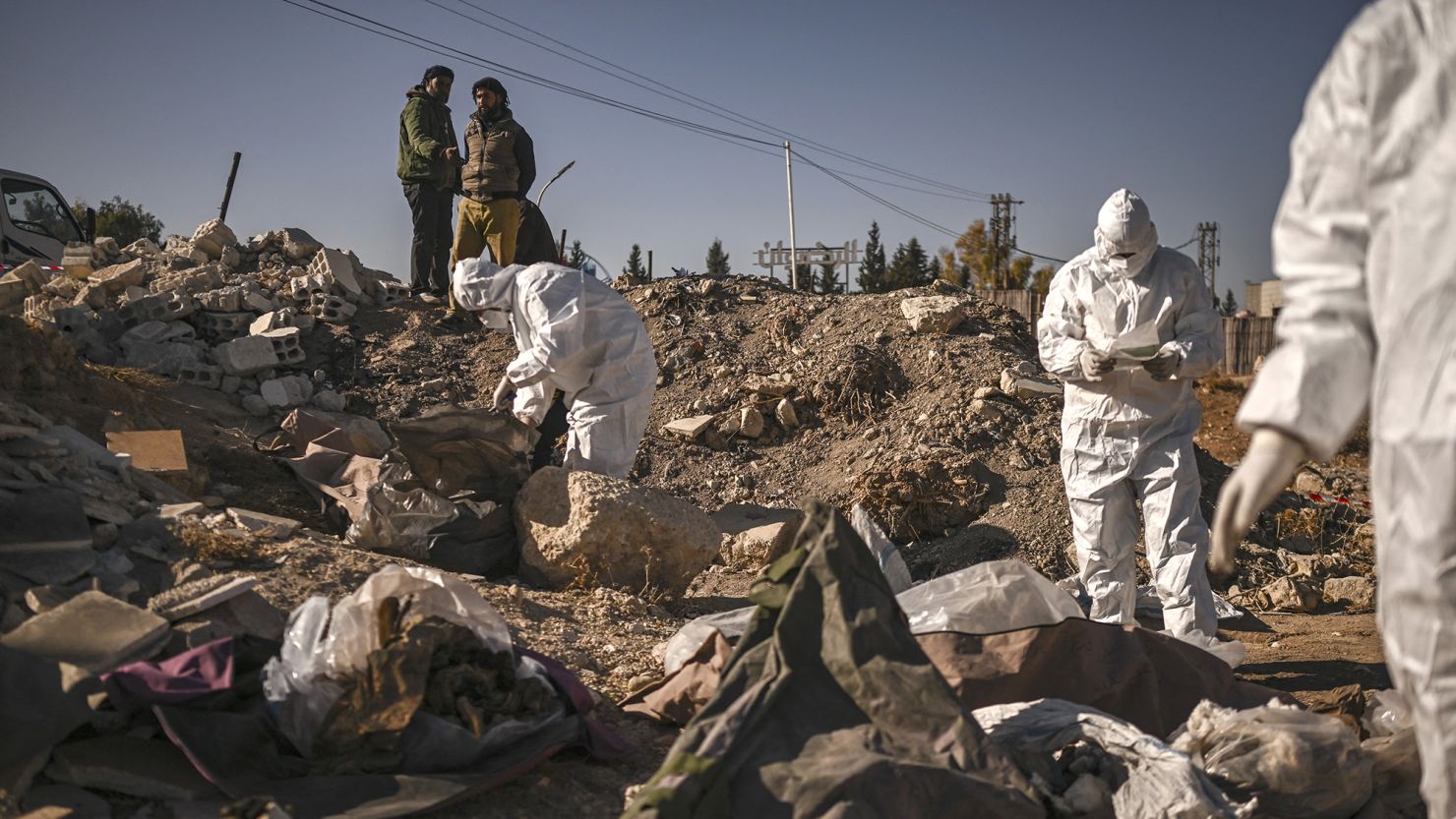Forgotten fighters: Syrian women who defied Assad’s regime
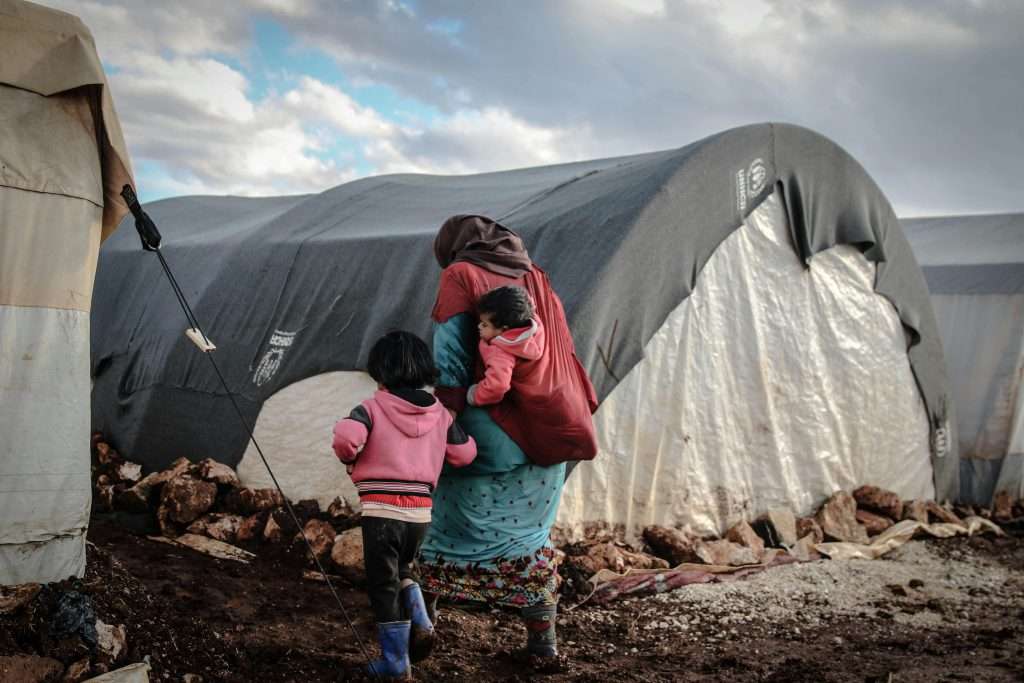
This year, US President Donald Trump promised to lift all US sanctions on Syria and the process is now under way. The European Union and the UK have also started to lift many of their sanctions on Syria, independent research institute Arab Center Washington DC reported on July 18th.
In late 2024, the collapse of the Assad regime in Syria was welcomed on a global scale. But, despite playing key roles in Syria’s revolution, women and girls continue to be marginalised by Syria’s new government.
The Assad regime was ousted by Islamist militant groups led by Hayat Tahrir al-Sham. The group, governed by Ahmed al-Sharaa, is a Sunni Islamist political and paramilitary organisation that publicly split from al-Qaeda in 2017. The HTS is considered one of the most influential rebel groups in Syria, Deutsche Welle reported.
Although HTS and its leader portray themselves as moderate and governance-focused, the group’s past treatment of women raises serious questions about the future of women’s rights in Syria.
Syrian women played a vital role by organising protests and calling for their rights during the uprising against the Assad regime. Many women were imprisoned and tortured for advocating for their rights, and several women suffered enforced disappearance and displacement for speaking out.
Despite their actions, global discussions surrounding the future of Syria’s political system have largely overlooked how women’s basic rights and social roles are shaped by the Islamic ideology imposed by the governors. Under Assad, women were politically and economically marginalised and systematically oppressed and excluded from decision-making in the new government.
Thousands of women gathered in protest in the northeastern Syrian city of Qamishli in December last year to demand that the new Islamist authorities in Damascus respect women’s rights, Reuters reported on December 23rd 2024.
Ghalia Rahhal is a Syrian activist and feminist best known for being a member of the Syrian Women’s Political Movement. For years, as the co-founder of Mazaya Organization, Rahhal has been empowering women by offering training programmes. Based in Idlib, the organisation provides women with legal education and leads community-based discussions to raise awareness and understanding.
Rahhal told The Guardian that she was once questioned by an official about why she was teaching women in the refugee camps about politics and gender equality.
Rahhal responded with: “Why are you angry that we are teaching them these things?”
“My goal is not to teach those women to fight you, it’s for women to become decision-makers,” the 48-year-old activist said. “We can’t have a displacement camp full of women run by a man, to name just one example.”
“In general, I don’t trust HTS because I still don’t know whether they are truly changing or they just claim to have changed,” she added. “Are they really changing ideologically, or just for their own interests?”
Initially implemented in Idlib, the HTS has imposed stringent regulations rooted in its interpretation of Islamic law that significantly limit a woman’s freedom of movement, dress and participation in public life. Since taking power, the HTS has already implemented such regulations in other major cities, according to The Conversation on July 14th.
In June, the de-facto Syrian government requested that women avoid “normal western swimwear” and opt for “burkinis” or more modest swimwear when visiting public beaches instead. The notice also asked men not to go shirtless when not swimming, The New Arab plus agencies reported on June 10th. The HTS morality police are also permitted to fine, shame or detain those who violate the dress code.
Current laws also dictate that women must be accompanied by a male guardian when accessing public areas. Women are largely restricted to domestic roles. Those who defy these expectations, often activists and aid workers, face severe consequences, including harassment, imprisonment and intimidation.
Only one woman was chosen for the temporary government, and she did not receive a ministerial title. A spokesperson for the government outwardly said that women did not suit certain government positions due to their “biological and physiological nature”.
A report by NBC News on January 19th alleged that Shadi al-Waisi, initially appointed Syria’s new justice minister, facilitated the executions of women who had been accused of being sex workers. In the shaky footage captured in 2015, a man identified as al-Waisi motions to a gunman to shoot a woman in the back of the head.
Arab Center Washington DC, Deutsche Welle, The Conversation, The New Arab plus agencies, Reuters, The Guardian, NBC News
Want to chase the pulse of North Africa?
Subscribe to receive our FREE weekly PDF magazine




